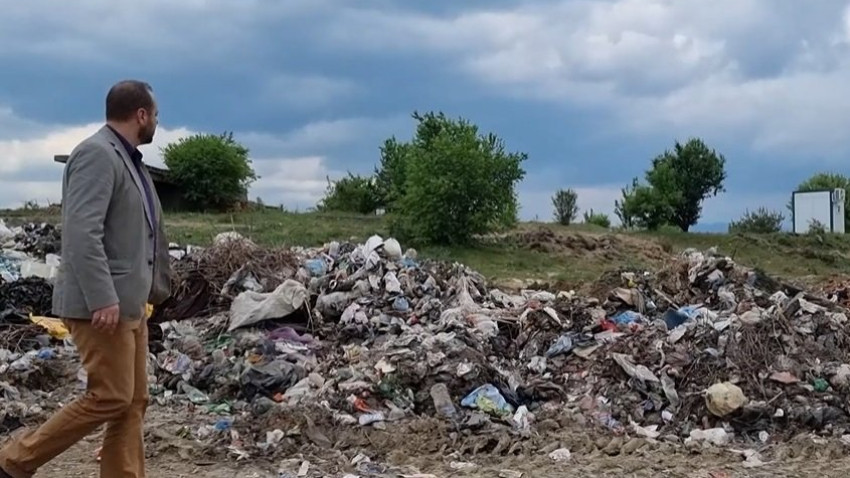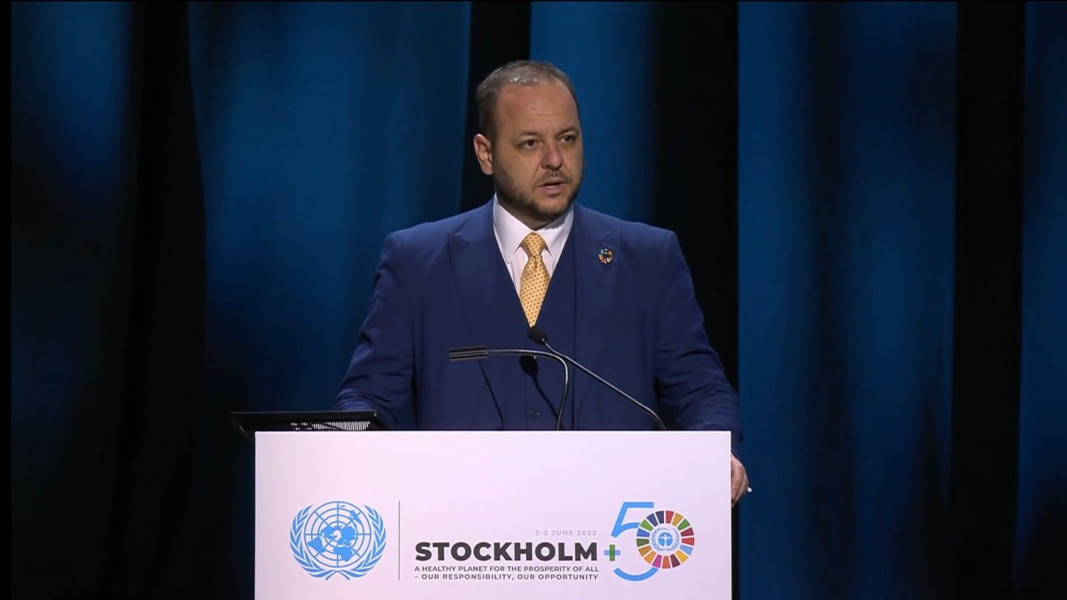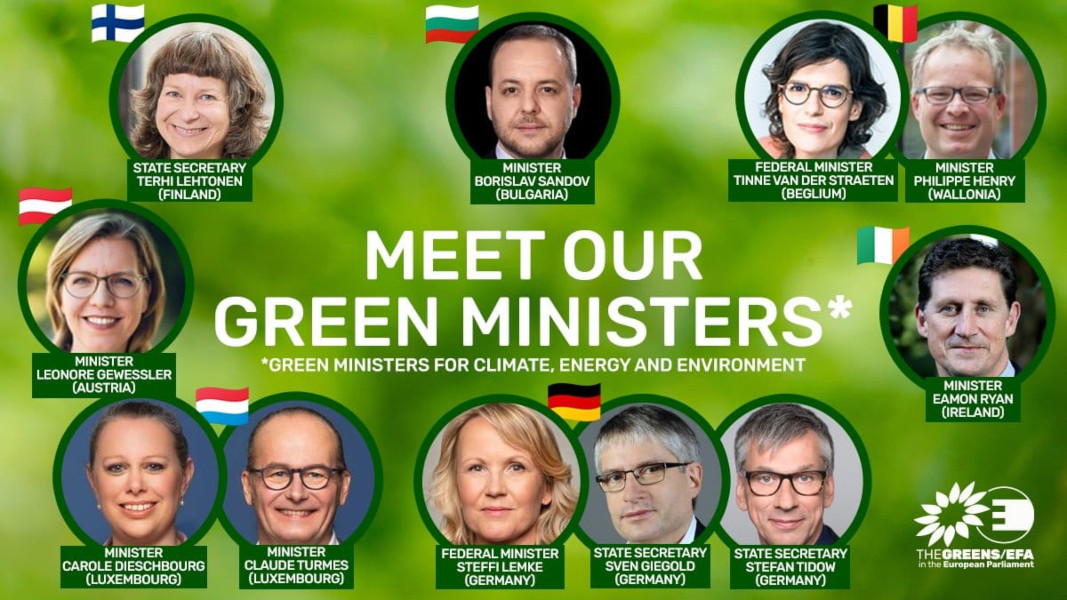As the energy, social and economic crisis unfolds, Bulgaria is reopening the discussion of the implementation of the Fit for 55 package and the green transition to a low carbon economy. According to the advocates of the green idea, the transition to restricting carbon emissions opens new avenues for modernization and innovative solutions, and not just in the energy industry, but for the Bulgarian economy as such. But how prepared is Bulgaria for this transition, seeing as it is among the countries of Europe that is most heavily dependent on fossil fuels? It should not be forgotten that, in the ongoing crisis, it is precisely fossil fuels that ensure the country’s energy independence, because 50% of its energy mix comes from coal-fired power plants.
What measures has Bulgaria mapped out so the transition to green energy, besides effective, may be fair to the most vulnerable segments of society? Minister of Environment and Water Borislav Sandov gives the answer, in an interview with Radio Bulgaria:
“This is a question that affects practically all sectors. From the dossiers being prepared for amendments to European legislation, which we are taking part in at a European Council level, to the accomplishment of a fair transition in energy and benefiting from the money from the just transition fund amounting to EUR 2.5 billion. This money will help transform the coal-mining regions and will improve the environment – ecological, social, economic. Waste management and the deposit system will also change, and this will reduce the waste in landfills which catch fire so often and generate harmful emissions.”

When an energy source has to be chosen very few Bulgarians are interested in how clean it is, especially when it is a question of survival. That is the reason why there are low-income groups who burn waste for heat in winter even though there are stringent prohibitions in place. But with the war in Ukraine and the halting of the gas deliveries to Europe, the outlook for the coming winter seems bleak, especially in light of the creeping inflation.
“We use very little gas to generate energy,” Minister Sandov explains. “We use gas for heating in Sofia and in several other places in winter, but by then I hope we will have found a solution to the problem of the halted gas deliveries. As a matter of fact, current developments are showing us very clearly that we need to speed up the energy transition and get rid of fossil fuels faster. They are an environmental problem, but they also involve risks to the energy security of the countries that are dependent on supplies. That is why it is so important to turn our attention to renewable energy sources, like the sun, the water, geothermal sources, photovoltaics.”

As far back as the 1980s, the Fraunhofer institute in Germany developed a method for the production of solar energy and for growing crops over the same area. When they are raised up at a good distance from the ground and from each other, so as to provide a 68% illuminance of the farm land, then there is an optimum growth of the crops. It is this combination of photovoltaic technologies with farm land or pastures that has the potential to break down the widespread resistance to the instalment of photovoltaic systems.
“One of the leading sectors at this time are precisely photovoltaics in farm land,” Borislav Sandov says. “If they are constructed about a metre above ground they provide the best possible pasture conditions. There is a lot of farm land with degraded soil – because of monoculture intensive farming with abundant use of pesticides. It is a proven fact that if photovoltaics are put up in such places, then moisture returns to the soil and it becomes fertile because it has been left to rest. A great deal of speculation about renewable energy sources have been foisted onto the public, especially by fossil fuel lobbies who simply want to keep the profits they have been amassing.”

The question is whether and to what an extent renewable energy sources will be able to meet the needs of the growing electricity consumption. In the years to come, as electric cars make their way into our lives, the demand for electricity is going to soar. It is also true that green energy has no alternative, but without additional capacities to complement and balance the renewable energy sources, Bulgaria is hardly likely to attain energy independence.
Photos: BGNES, Facebook /Borislav SandovAccording to the Annual Report on the Health Status of Bulgarian Citizens for 2023, t he main cause of death in Bulgaria is diseases of the cardiovascular system (61.1%), followed by oncological diseases (16.5%) and diseases of the respiratory system..
In the week of St. Andrew’s Day (also known as Bears’ Day or Mechkinden), WWF is drawing attention to six orphaned bear cubs who have been given a second chance at life. The initiative is part of the "Subscribe to Nature" campaign and..
For the 30th consecutive year, the Bulgarian Posts organize a contest for the most beautiful letter to Santa Claus. Letters must be sent by 18 December with a stamped envelope "For Santa", the sender's address indicated and postage paid. All..
According to the Annual Report on the Health Status of Bulgarian Citizens for 2023, t he main cause of death in Bulgaria is diseases of the..
At the Bulgarian Embassy in London, Prof. Bettany Hughes presented excerpts from the new BBC series - Wonders of Bulgaria. Prof. Bettany..
Over 3.5 million Ukrainians have arrived in or passed through Bulgaria since the beginning of the war. Nearly 200,000 people have found temporary..

+359 2 9336 661
